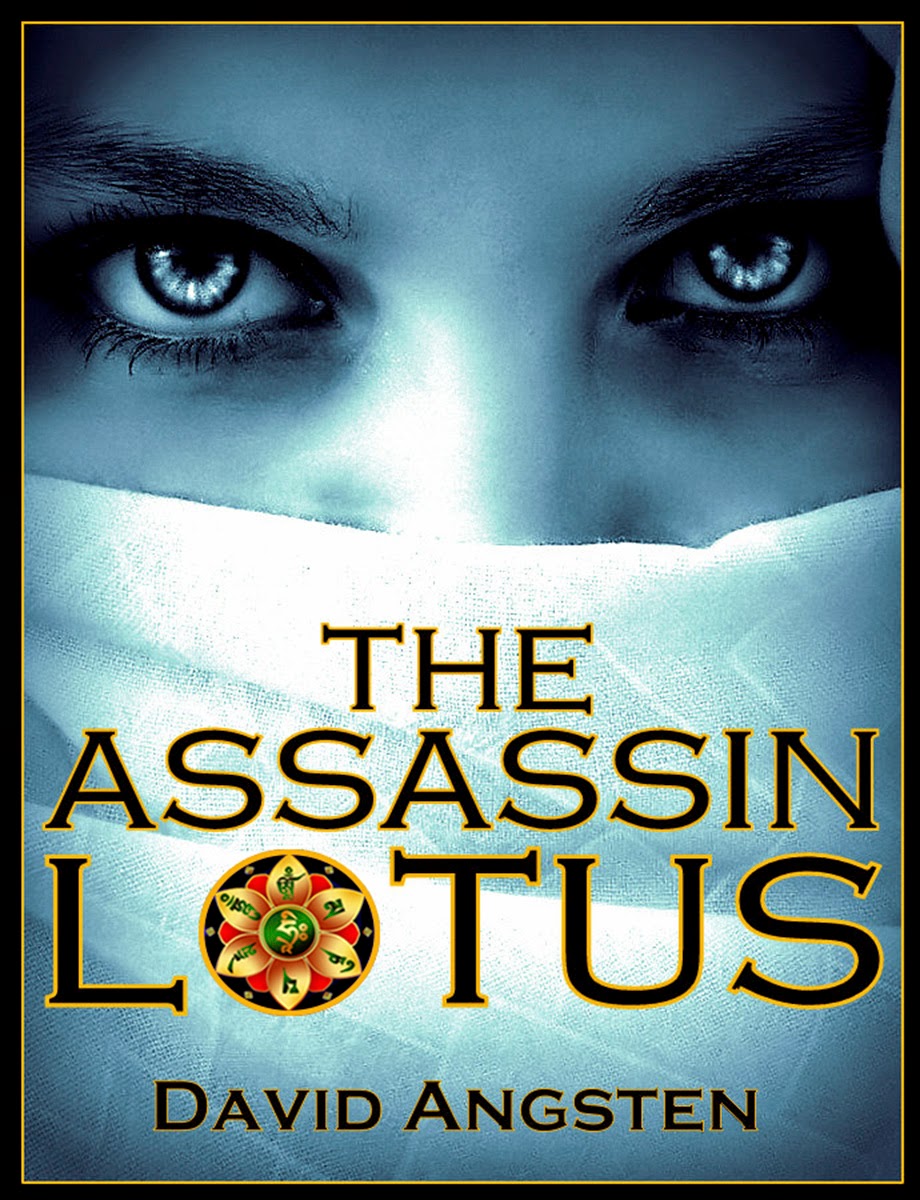skip to main |
skip to sidebar
 |
| Rembrandt |
"...the spiritual longing that doesn't know how to express itself."
"...being governed by fear and not love..."
"...to sacrifice to others, to be obedient to a transcendent truth."
There are several themes in NY TIMES columnist David Brook's address to the Christian philanthropic group, The Gathering, that seem to echo directly themes explored in The Assassin Lotus. For readers who've enjoyed the novel--particularly fellow Christian readers--I urge you to find half an hour in the next few days to read the transcript or hear the podcast of Brook's fine talk HERE.
"Everyone is born with that moral imagination. The heart flies upward, even if you don’t know the categories, even if you’ve never been to church, you’ve never read the Bible, and you don’t exactly know the forms of it. You feel the hunger. And so to me, that is what is out there in the secular culture. An unformed, inarticulated hunger. And so when I turn to the topic of what, how do you be religious in the public sector…in the public world, the question then turns into, “How does the Christian world engage the secular world?”"
In his deeply-researched and enlightening book, The Way to Shambhala, Edwin Bernbaum examines at length the meaning of the mythical Tibetan kingdom known in the West as Shangri-La. His keen insights were an inspiration to me in writing The Assassin Lotus.
"Myths of hidden places like Shambhala help to remind us, if only subconsciously, that there is much more to the world than we imagine. We need such a reminder to counteract the tendency of the surface consciousness to cut us off from immediate experience and lock us up in the illusions of the ego.
"Rather than being just a form of escape, our interest in Shambhala actually reflects a deep longing to experience reality itself. We might say that the kingdom represents the place in each of our lives where we make contact with the world in which we really live.
"...When this awareness appears. it brings back the forgotten memories of childhood experience. It reminds us of a time when we did not know what the world was like, when everything seemed as unknown and mysterious as Shambhala. At that age, we had no preconceptions to cover up and dull our perceptions. Rather than fitting things into fixed ideas of how they should be, we experienced them directly, with all the sense of awe and wonder they inspired. As a result, the world around us had the fresh and magical quality of a hidden kingdom.
"...In taking the inner journey to Shambhala, we strive to regain this direct awareness of a child with all its sense of wonder and awe. But we cannot do so by retreating into the past and attempting to become children again. We have lost the innocence to experience the world directly. [...] Only by becoming aware of our illusions and how we cling to them can we free ourselves from their power and awaken a fresh and direct awareness of the world around us. Rather than go back, we have to go forward to a new and wiser innocence--one that combines the wonder of a child with the wisdom of a sage."






